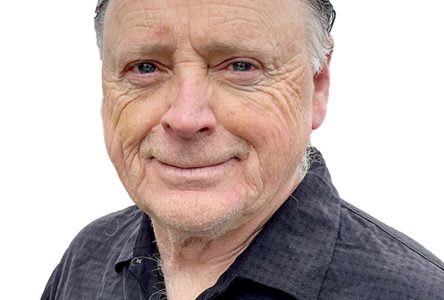CORNWALL, Ontario – Cornwall is in a state of crisis regarding its lack of family physicians.
“I think Cornwall has been in a crisis for a while,” said Dr. Ingram-Crooks. Ingram-Crooks is based outside of the city at the St. Lawrence Medical Clinic (SLMC), but 80 per cent of her patients reside in Cornwall.
“A lot of the physicians are retiring, and they have very large rosters,” said Ingram-Crooks. “And the new grads don’t want to take that on. Lifestyle is very much important to the new grads and they don’t want to do the long hours…they just want to come in, see their patients, do their charts, do their paperwork and go home. You can’t do that if you have too many patients — there’s not enough hours in the day.”
Currently there are no family doctors accepting patients in Cornwall. According to Ingram-Crooks, the government considers a roster to be approximately 1,500 patients. But local retiring doctors usually have 2,000 or more patients, so new graduates replacing these retirees would be taking on more work than average.
“Also if you’re not from this area, you don’t necessarily always want to come here,” said Ingram-Crooks.
Ingram-Crooks acknowledges that Cornwall has tried to entice family medicine. The city’s medical recruitment team gave its first scholarship to Dr. Vanessa Carter through a return of service contract. This requires her to practice family medicine locally, and have hospital privileges, for at least five years. According to Carter, candidates for this scholarship are required to be from Cornwall or the counties and study medicine. She believes there are currently two doctors in training who have signed this contract.
Cornwall isn’t present on the Rurality Index for Ontario (RIO), which provides incentives to doctors who work in rural communities. But our neighbours North Stormont, North and South Glengarry and North and South Dundas are on the list. These areas average an incentive value of approximately $80, 000 over four years. This index may attract doctors to especially rural areas and consequently overshadow small cities like Cornwall.
Although nurse practitioners have different skill sets than family physicians, they can act as primary care providers when necessary, according to Ingram-Crooks. She recommends that people without family doctors contact Health Care Connect, which is a provincially funded program that will attempt to register patients with doctors — whether those doctors are accepting patients or not. The program assigns priority based on certain criteria, for example children and individuals with chronic illness are prioritized.
Robyn Guindon, the pharmacist/manager at Wholehealth Pharmacy, said that pharmacists are trying to help fill this gap in care. Guindon said that pharmacists can do medication reviews, flu shots, administer 13 types of vaccines, and some pharmacies do travel consult clinics with other specialized services.
“Often people will come to ask us questions if they don’t have a family doctor,” said Guindon. “If it’s something that we can answer, we will, but if it’s outside of our scope of what we can do or help with, we will try to refer them to where they can access services.”




